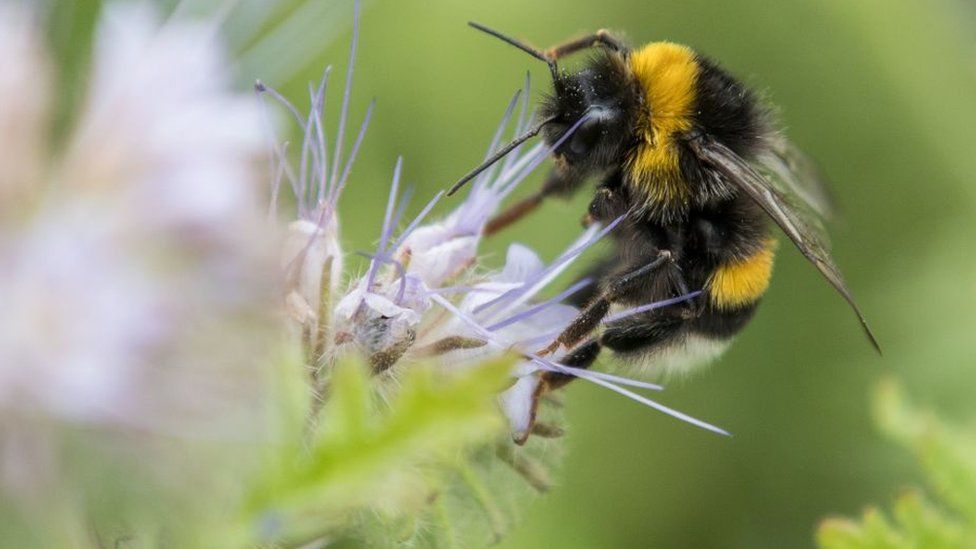For thousands of years honey has been used to treat wounds, but scientists are now using it in a search for alternatives to antimicrobial drugs.
According to The BBC:
It follows concern about infections caused by bacteria resistant to antibiotics.
“We need to do something innovative, otherwise we face the scenario where we return to the pre-antibiotic stage,” said a Cardiff University expert.
Antibiotic resistance is described as a major threat to global human health.
According to the largest study to date and published in the Lancet medical magazine, more than 1.2 million people died worldwide in 2019 as a direct result of antibiotic-resistant bacterial infections.
“We’re seeing bacteria that has evolved, that is resistant to almost all antibiotics, and we are reaching the stage where the cupboard is empty,” said Prof Les Baillie from the university’s School of Pharmacy.
“Before antibiotics we used herbal and traditional remedies to treat diseases.
“We have gone back to these traditional remedies to see if we can learn from our ancestors.”
Scientists at Cardiff are looking to see if honey has a part to play.
Traditionally, it has been used for wound healing and contains compounds which are antimicrobial.
The challenge now is to find these compounds and isolate them so that, potentially, they can lead to new remedies to deal with health problems. Researchers are currently testing various samples of honey to see which plants the bees have visited during their working lives.
Using technology, they can see if the bees went to a plant which had an antibiotic. When scientists have discovered the plant, they then analyse its compounds.
The honey, they say, works as a “drug discovery tool” in the search for new antibiotics. At the moment, they are looking closely at dandelions, as they contain compounds that “kill bacteria and viruses”, according to Prof Baillie.
“They are called weeds by gardeners, but they have value, and we should be celebrating the dandelions not exterminating them,” he said.

